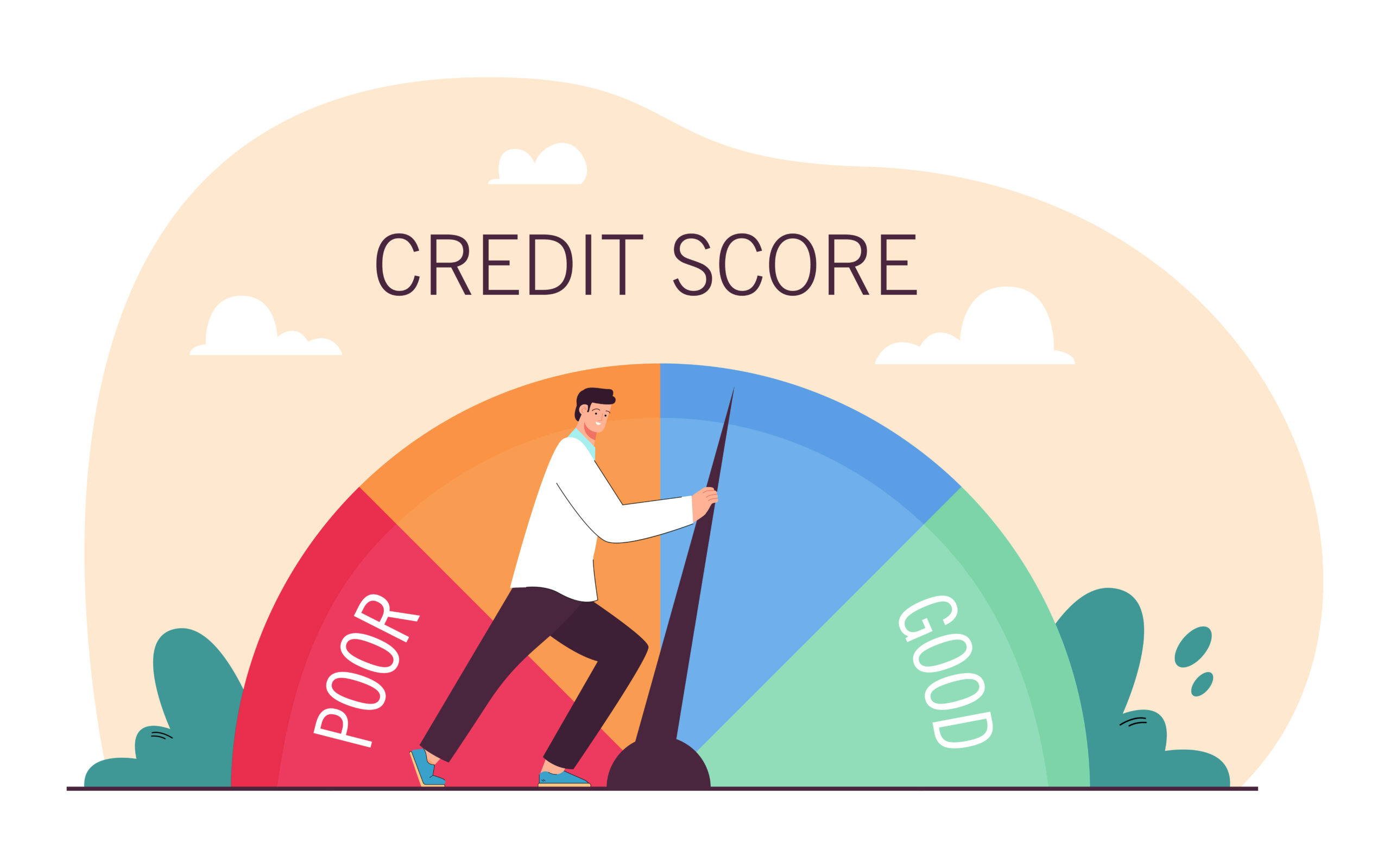Credit card debt can have a significant impact on your credit score. Even if you’re making your payments on time, the amount of debt you carry can still affect your creditworthiness. In this blog, we’ll explain why credit card debt is so closely tied to your credit score and how it can influence your ability to secure loans, credit, and other financial products.
1. How Credit Card Debt Impacts Your Credit Score
Your credit score is calculated based on several factors, including your payment history, credit utilization, and the total amount of debt you owe. Credit card debt affects these factors in the following ways:
Credit Utilization Ratio: Your credit utilization ratio is the percentage of your total credit limit that you’re currently using. A high credit card balance can increase your credit utilization ratio, which is one of the most important factors in determining your credit score. A high ratio suggests to lenders that you may be overextended financially, which can lower your score.
Payment History: While credit card debt itself doesn’t directly lower your score, missing payments on that debt will. Late or missed payments can negatively affect your credit score, making it harder to secure favorable loan terms in the future.
Credit Length: If your credit card debt leads you to keep your balance high for a long period, it can shorten your credit history and affect the length of time you’ve had access to credit. A shorter credit history can be a red flag for creditors and may lower your score.
2. Why High Credit Card Balances Are Problematic
When you carry a high balance on your credit card, it affects your credit utilization ratio (credit used vs. available credit). A high balance typically means that you are using a significant portion of your available credit, which signals to lenders that you may be overextended financially. Most experts recommend keeping your credit utilization below 30% to maintain a healthy credit score.
For example, if you have a credit limit of $10,000 and a balance of $5,000, your credit utilization ratio is 50%. This is considered high and could negatively impact your credit score.
3. How Late Payments on Credit Card Debt Affect Your Credit Score
Even if your credit card balance is manageable, missing a payment can have a lasting impact on your credit score. Late payments are reported to credit bureaus after 30 days, and they can stay on your credit report for up to seven years. A single late payment can cause a significant drop in your score, making it more difficult and expensive to obtain credit in the future.
To protect your credit score, it’s essential to make payments on time. Setting up automatic payments or reminders can help ensure you never miss a due date.
4. The Role of Debt-to-Income Ratio
Your debt-to-income ratio (DTI) is another factor that can be affected by credit card debt. Although it’s not directly part of your credit score, lenders consider your DTI when determining your ability to repay loans. A high amount of credit card debt increases your DTI, which can make it harder to qualify for new credit or loans.
5. What You Can Do to Protect Your Credit Score
Pay Down Debt: Reducing your credit card balances is the best way to improve your credit score. Aim to pay more than the minimum payment to reduce your balances faster.
Avoid Maxing Out Your Cards: Try not to max out your credit cards. Keeping your utilization ratio under 30% is recommended.
Set Up Alerts: Use payment reminders or set up automatic payments to ensure you never miss a due date.
Monitor Your Credit: Regularly check your credit report for any errors or inconsistencies. Addressing issues quickly can help protect your score.
Seek Professional Help: If you’re struggling with credit card debt, consider seeking help from a credit counseling service to create a plan for paying down debt and improving your score.
Conclusion:
Credit card debt can have a serious impact on your credit score if not managed properly. High balances, missed payments, and high credit utilization can lower your score, making it harder to access favorable loans and credit. By managing your debt responsibly, paying on time, and keeping your credit utilization low, you can protect your credit score and improve your overall financial health.



